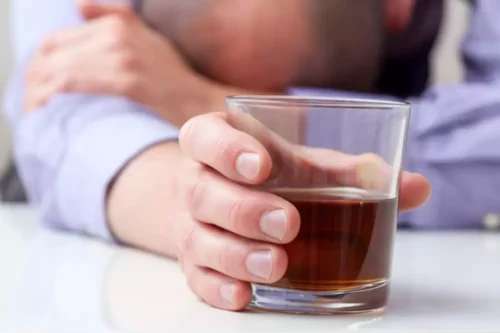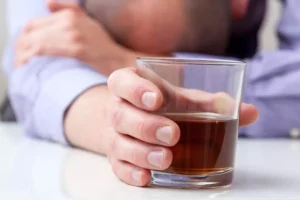
When you have a bad day, you don’t want that bottle of whiskey conveniently waiting for you to grab a tumbler and ice. Staying sober can be hard enough, and removing temptations from your home will make it that much easier. Perhaps you introduced self-care routines into your life for the first time when you decided to get sober.

Does One Drink Break Sobriety?
You can do many things to improve your chances of staying sober. Although many people can stay sober without professional help, others find this professional level of support necessary in their recovery. It is especially true if they have alcohol use disorder (AUD) or substance use disorder (SUD). Schedule an exact time each day to internally check in.
Meditation
These programs typically last 30, 60, or 90 days, sometimes longer. Attending a relapse prevention program may help stop you from relapsing during your addiction recovery journey. This is why it often requires professional addiction treatment. People who get professional help are more likely to remain sober than those who try to recover independently. Unfortunately, relapsing is common because getting and staying sober can be extremely difficult.
What to Look for in the Best Alcohol Recovery Center Near You

Many different addiction treatment programs exist, including family therapy groups, outpatient programs, and inpatient substance abuse treatment centers. Choosing sobriety is one of the most powerful decisions you can make for yourself, but it’s not a one-time choice—it’s a lifelong commitment. Whether you’re just starting out or have been sober for years, remember that every day is a step toward greater health, happiness, and peace.
Professional Treatment Options for Addiction

By staying sober, you have room in your life to build stronger relationships, pursue your passions, and accomplish your goals. Paws or Post-Acute Withdrawal Symptoms are physical withdrawal symptoms that continue after discontinuing the use of alcohol. Dealing with the physical withdrawal and mental hurdles can be especially difficult for those trying how to get and stay sober. Prioritizing self-care within the daily routine is equally important.

By Buddy TBuddy T is a writer and founding member of the Online Al-Anon Outreach Committee with decades of experience writing about alcoholism. Because he is a member of Substance abuse a support group that stresses the importance of anonymity at the public level, he does not use his photograph or his real name on this website. Learn that you have choices and that you can maintain control.
Addiction Treatment
Whether it’s attending a certain number of meetings, staying sober for a month, or improving your physical health, having something to work toward can provide motivation. Therapy can be incredibly beneficial in your sobriety journey. A therapist can help you understand the root causes of your addiction, develop coping strategies, and provide a safe space for you to express your feelings. According to tips to stay sober Herren Wellness, building constructive routines plays a crucial role in early recovery. Establishing new patterns and routines helps individuals adjust to the challenges of recovery, prioritize their well-being, and cultivate healthier habits. Routine provides a predictable rhythm to each day, allowing the body and mind to anticipate healthier behaviors and adjust accordingly.
- Getting outside connects us to nature and can make us feel alive.
- It’s most important to find something that you enjoy doing, look forward to doing, and that acts as a “reward” to help replace that dopamine hit from alcohol.
- Spend some time identifying and writing about your triggers.
- In the journey of maintaining sobriety, managing stress and incorporating relaxation techniques are vital components.
Gratitude offers numerous benefits for our emotional, mental, and even physical well-being. In fact, studies have found that grateful people enjoy better mental health, lower stress, and a better quality of life. Once we identify our triggers, we can create a plan to tackle them. We might not always be able to avoid triggers, but we can plan how we can conquer them. For instance, perhaps our plan involves practicing mindfulness whenever we’re feeling emotionally charged. Or maybe we make it a point to no longer go to a particular restaurant or neighborhood.

These creative outlets provide non-verbal ways to process emotions and experiences. You’ll learn practical ways to manage triggers, handle stress, and deal with emotions. Regular alcohol or drug consumption, particularly when it escalates into addiction, can lead to significant financial strain. Whether it’s the cost of the substance itself, medical bills, legal fees, or lost wages from missed work, addiction is costly. Sobriety can help you regain financial stability and make better choices about how to spend your money. Substance use can strain relationships with friends, family, and loved ones.
